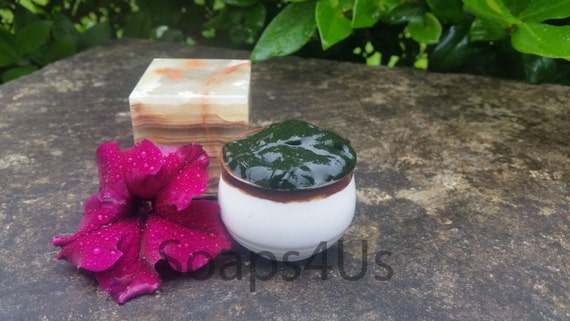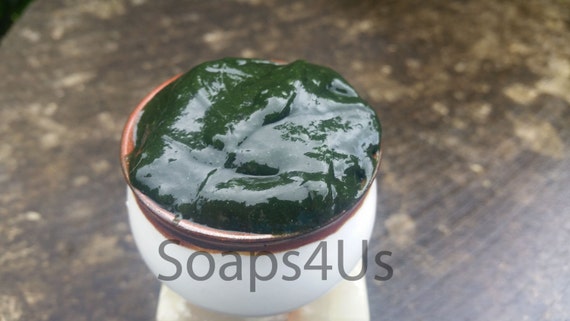Spirulina is a microalgae that has been consumed for centuries due to its high nutritional value and supposed health benefits. Known as one of the "super foods," spirulina can improve the quality
of your skin.
 Spirulina is a type of blue-green algae that is rich in protein,
vitamins, minerals, carotenoids, and antioxidants that can help protect
cells from damage. It contains nutrients, including B complex vitamins,
beta-carotene, vitamin E, manganese, zinc, copper, iron, selenium, and
gamma linolenic acid (an essential fatty acid). Dried spirulina contains about 60% (51–71%) protein.
Spirulina is a type of blue-green algae that is rich in protein,
vitamins, minerals, carotenoids, and antioxidants that can help protect
cells from damage. It contains nutrients, including B complex vitamins,
beta-carotene, vitamin E, manganese, zinc, copper, iron, selenium, and
gamma linolenic acid (an essential fatty acid). Dried spirulina contains about 60% (51–71%) protein.
Test tube and animal studies suggest spirulina may boost the immune
system, help protect against allergic reactions, and have antiviral and
anticancer properties.
We used spirulina for creation of our facial mask which is suitable for all skin types, but especially for oily, acne-prone, or damaged skins and also perfect for mature skin.
Circulation is stimulated, skin tone is evened and the appearance of pores minimized when this mask used weekly. Antioxidant properties neutralize free radicals and support the tissue structure.
Ingredients: Distilled water, Aloe Barbadensis Leaf Juice, Organic
Spirulina powder, Xanthan Gum, Rosehip oil, Rice bran oil, Olivoil
(emulsifier EcoCert), Panthenol, Glyceryl Stearate, Glycerin, MSM,
Optiphen, Fragrance oil.
DIRECTIONS:
- Apply to your face.
- Leave for 20 minutes.
- Rinse your skin by warm water.
- Pat dry your face.
- Follow up with toner and moisturizer.
***********************
DIRECTIONS:
- Apply to your face.
- Leave for 20 minutes.
- Rinse your skin by warm water.
- Pat dry your face.
- Follow up with toner and moisturizer.
***********************
References:
Deng R, Chow TJ. Hypolipidemic, antioxidant, and antiinflammatory activities of microalgae Spirulina. Cardiovasc Ther. 2010 Aug;28(4):e33-45. Review.
Khan Z, Bhadouria P, Bisen PS. Nutritional and therapeutic potential of Spirulina. Curr Pharm Biotechnol. 2005 Oct;6(5):373-9. Review.


No comments:
Post a Comment